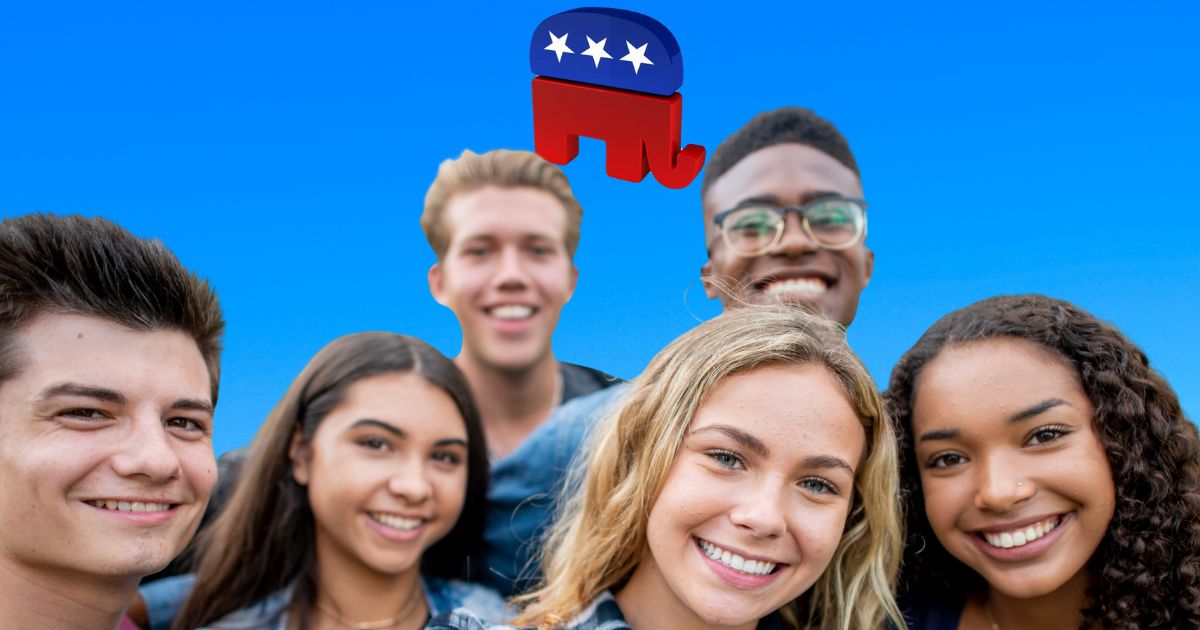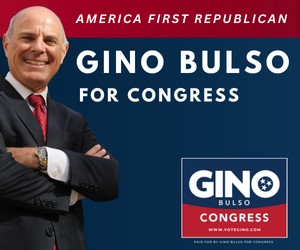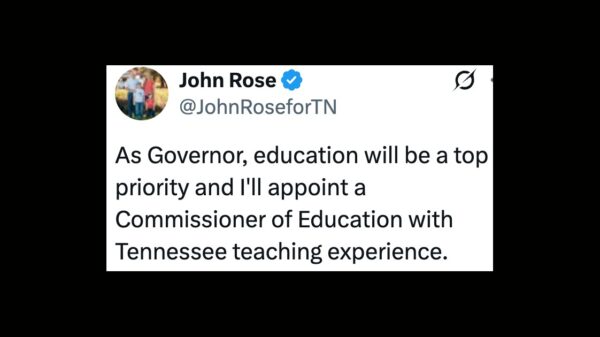Editor’s Note: The op-ed below first appeared in Florida Daily. Opinions expressed in this column do not necessarily reflect the views and opinions of TriStar Daily’s publisher or advertisers.
As part of the Trump for President 2024 team, the national political and public affairs media company BrabenderCox witnessed how well President Trump did with younger voters.
Now the group wanted to see how down-ballot GOP candidates fared with Gen Z voters.
The firm recently tested an assortment of political and branding content targeting Gen Z voters.
It had two identical political ads. Same script. Same visuals. Same delivery. The difference? One labeled the candidate as a Democrat, the other as a Republican.
Diving into the numbers, BrabenderCox says the results were surprising, revealing a deeper truth about how Gen Z views the Republican brand.
Republican candidates who were down-ballot were not as successful as the Democratic candidate. The answer, “Republican candidates have a systemic branding problem among this large voting bloc,” said media strategist John Brabender.
So, why did the Trump brand garner support from Gen Z, but not from other Republicans? Brabender says the Trump messaging team made a very early commitment to talk to this critical voting segment.
Creative was specifically personalized for their life stage. Content velocity was critically important in driving shares, and “we thought more like a reality show creator and less like a cinematographer,” Brabender said.
Other secrets of success included utilizing streaming, social media, and podcasts instead of traditional TV. Social media, which receives high views and shares quickly, has transitioned to paid digital media.
The advice for down-ballot Republicans is not just to be educated, but also to be more engaging when campaigning.
Brabender notes that in the 2024 election, President Trump was propelled to victory by a significant increase in support among younger Gen Z voters.
“This generation, the largest and most diverse in American history, isn’t unreachable. But they are highly attuned to branding, and first impressions matter more than ever,” says Brabender.
















